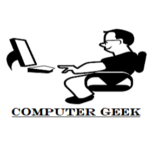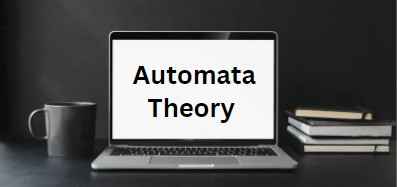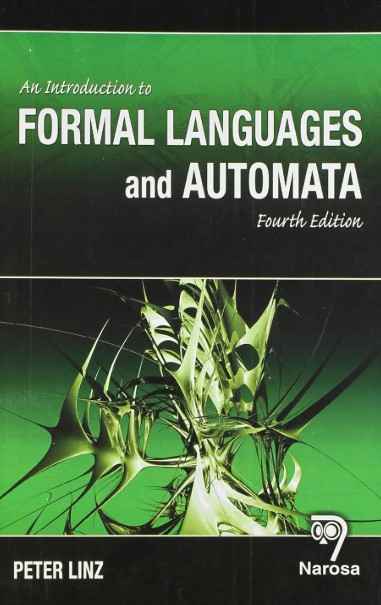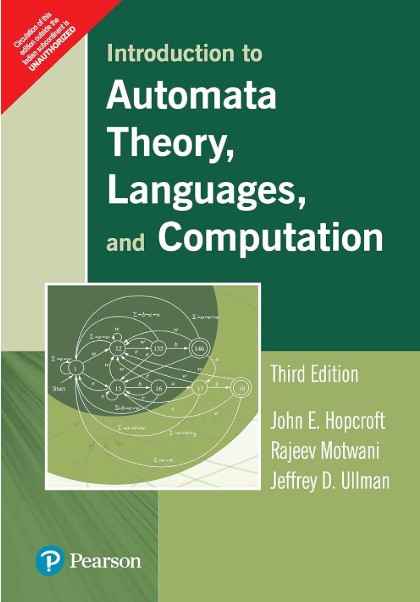My Honest Experience
When I first opened a Theory of Computation book, I didn’t understand half the terms. “My respected Mentor (Professor at USICT, GGSIPU) smiled and said, ‘Start with Peter Linz.’”
So, I did.
The Peter Linz book made me feel seen — simple English, friendly flow, but yes, the automata terms were still complex enough to make my brain say “Try again tomorrow.” Still, it was the perfect book to start this journey.
.
1. Introduction to Automata Theory, Languages, and Computation – by Peter Linz
Why I liked it: The language is simple, and concepts like DFA, NFA, and Grammars are explained clearly
Ideal for: Beginners and second-year students starting with automata theory.
2. Theory of Computer Science: Automata, Languages, and Computation – by K.L.P. Mishra & N. Chandrasekaran (PHI Publications)
Why it’s good: It contains solutions to all types of examples that are asked in university exams and Covers everything you need for GATE and NET exams.
Why I recommend it: The structure is syllabus-friendly — perfect for revision and exam preparation
3. Automata Theory, Languages & Computation – by Hopcroft (Pearson)
Why it’s special: This one is for those who like challenges. It’s deep, mathematical, and sharp.
Why it’s worth it: If you want to go beyond exams and really understand how computers think, this book is your guide.
There are other books like Introduction to the Theory of Computation, 3rd Edition by Michael Sipser, Automata and Computability (Undergraduate Texts in Computer Science) by Dexter C. Kozen, Elements of the Theory of Computation (Hardcover) by Harry R. Lewis.
The book I suggested is the only one I studied, and it’s more than enough for university exams. However, my mentor has read all the books and recommends starting with Peter Linz. After that, you can pick any of the other books mentioned here — they will all be helpful for you.





